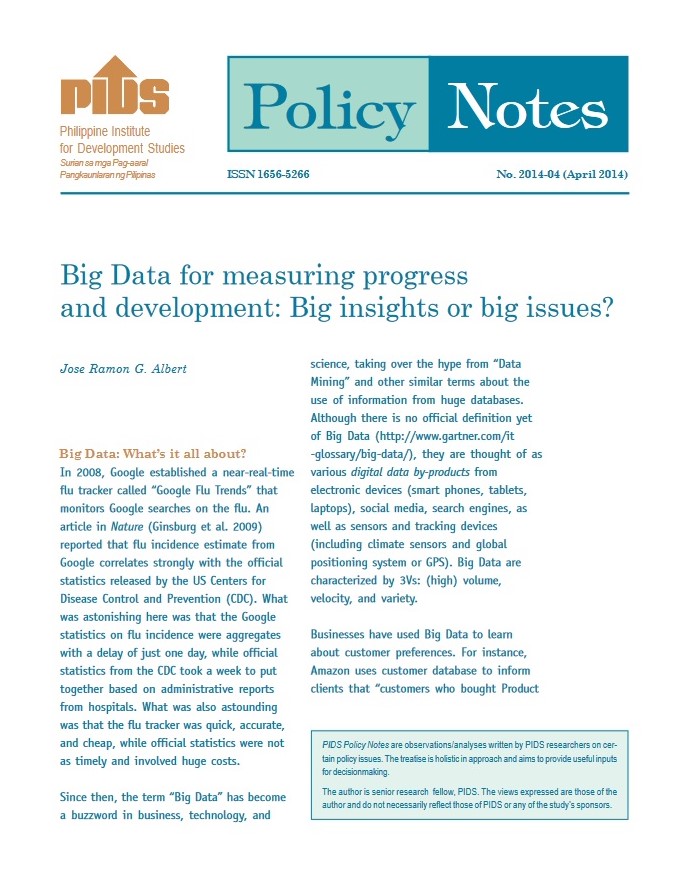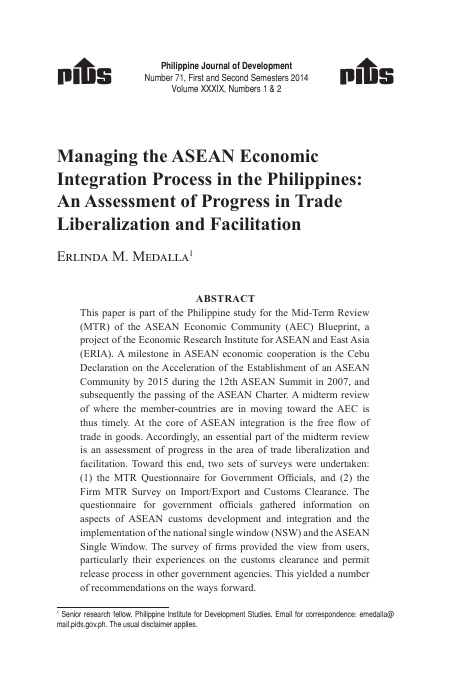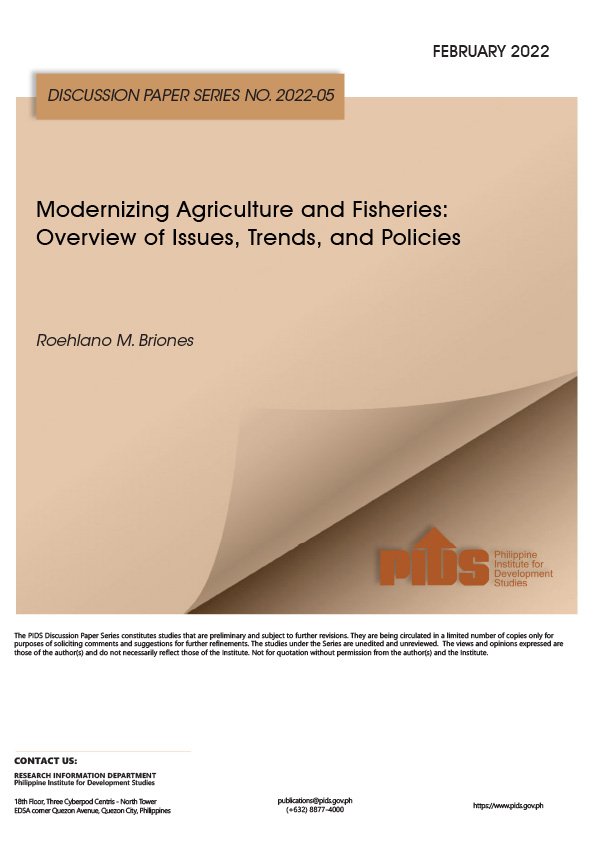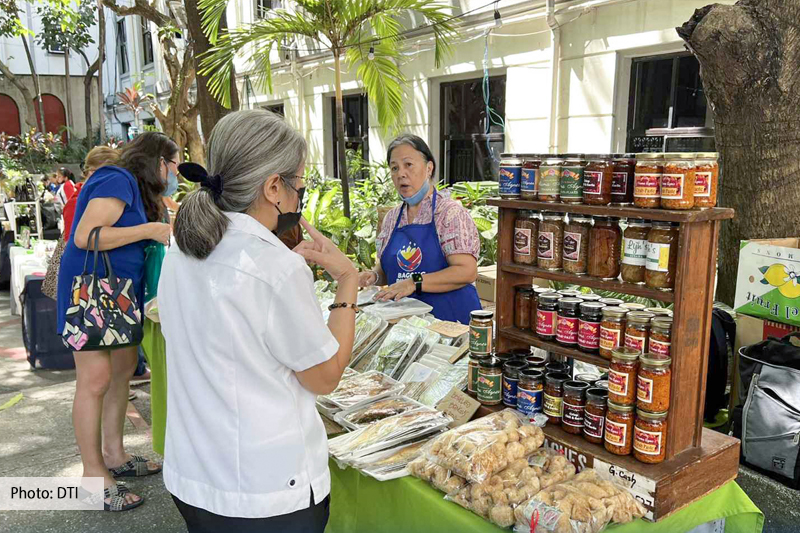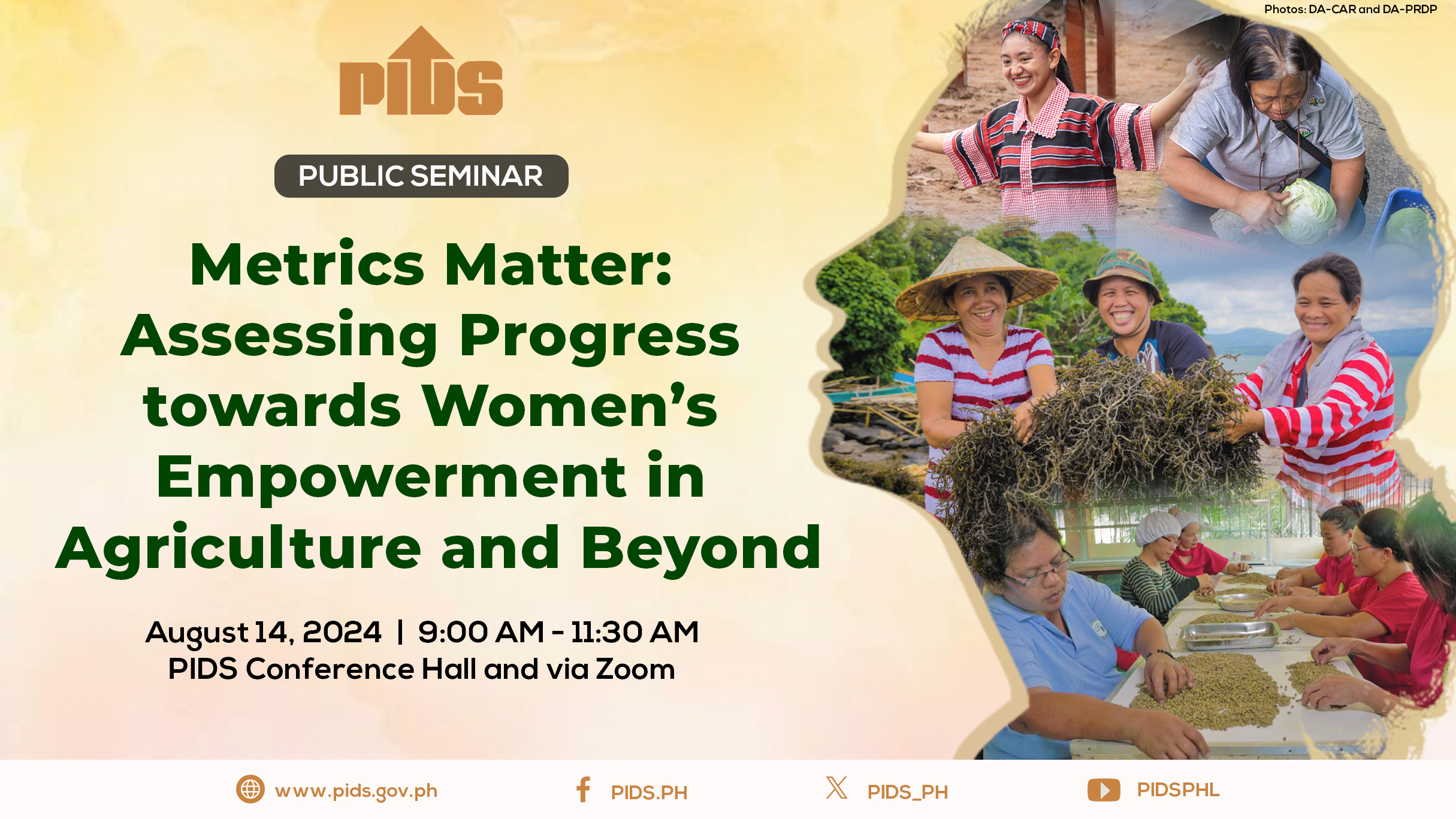IF the Philippines abandons its aim to achieve rice self-sufficiency, the government can have more financial room to strengthen other commodities where the country has a clear competitive advantage.
Leonardo A. Lanzona Jr., former chairman of the Economics Department of the Ateneo de Manila University (ADMU), said commodities where the country has a competitive advantage include mangoes, bananas and coconuts.
"The government has this policy to be self-sufficient in rice. That may not necessarily be a good idea. Maybe we can focus more on the trading, on the tradable agricultural consumables instead of going into goods that we consume in the local [market],” Lanzona said during the Eagle Watch briefing organized by the ADMU.
Lanzona, Eagle Watch Senior Fellow, said strengthening the country’s competitive advantage in other commodities will also help maintain the strong growth of the manufacturing sector. He noted that food manufactures make up a significant part of the country’s manufacturing output and growth.
In the first quarter this year, food manufactures accounted for over a third or around 38.8 percent of the output of the entire manufacturing sector in the January to March period, Lanzona said.
This is why Socioeconomic Planning Secretary Arsenio M. Balisacan said the decline in the performance of the industry sector was largely due to the decline in food manufactures.
Balisacan noted that Supertyphoon Yolanda disrupted manufacturing supply chains for food manufactures after it damaged billions-worth of crops and fisheries.
Government statistics show food manufacture growth declined 0.3 percent, the lowest in 10 quarters. The last time the food manufacturing sector posted a decline was in the third quarter of 2011 at -9.1 percent.
In June the government-owned think tank Philippine Institute for Development Studies (PIDS) said the Aquino government’s rice self-sufficiency policy is obsolete and costly for taxpayers.
In its "Policy Note,” PIDS Senior Research Fellow Roehlano M. Briones and Research Analyst II Danileen Kristel C. Parel said that, while the Department of Agriculture’s (DA) plan to be rice self-sufficient by 2013 was implemented, this plan has failed and even caused the ballooning of government debt.
The authors said this obsolete policy has cost taxpayers a debt worth P156 billion as of 2009, courtesy of the National Food Authority whose "buy high, sell low” policy is draining government coffers.
To remedy the situation, the authors said that, with the Quantitative Restrictions (QR) on rice expiring by 2012, the government is faced with a unique opportunity that could allow the Philippines to attain food self-sufficiency through regional and multilateral negotiations via the World Trade Organization.
The study recommends that after 2012, the rice QR should be terrified, which will make importation liberalized and subject to payment of custom duties. This will help ensure enough supply in rice in the country, given that the Philippines no longer has a competitive advantage in rice production.//
Related Posts
Publications
Press Releases
Video Highlights
Infographics
[No related items]

